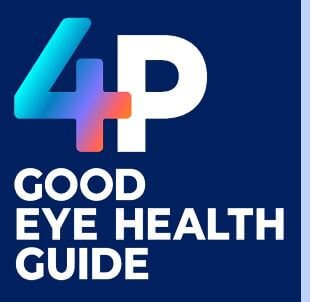
World Sight Day—the most important advocacy and communications day in the eye health calendar is today October 14, 2021, with the theme: “Love Your Eyes”. It aims to focus global attention on vision impairment and blindness.
A person’s experience of vision impairment varies depending upon many different factors. This includes, for example, the availability of prevention and treatment interventions, access to vision rehabilitation (including assistive products such as glasses or white canes), and whether the person experiences problems with inaccessible buildings, transport, and information.
Globally, it is estimated that at least 2.2 billion people have a vision impairment or blindness, of whom at least 1 billion have a vision impairment that could have been prevented or has yet to be addressed.
These 1 billion people include those with moderate or severe distance vision impairment or blindness due to unaddressed refractive error (88.4 million), cataract (94 million), glaucoma (7.7 million), corneal opacities (4.2 million), diabetic retinopathy (3.9 million), and trachoma (2 million), as well as near vision impairment caused by unaddressed presbyopia (826 million).
Population growth and aging will increase the risk that more people acquire vision impairment.
Causes
Globally, the leading causes of vision impairment are:
- uncorrected refractive errors
- cataract
- age-related macular degeneration
- glaucoma
- diabetic retinopathy
- corneal opacity
- trachoma.
There are some variations in the causes across countries. For example, the proportion of vision impairment attributable to cataracts is higher in low- and middle-income countries than in high-income countries. In high-income countries, diseases such as diabetic retinopathy, glaucoma, and age-related macular degeneration are more common.
Among children, the causes of vision impairment vary considerably across countries. For example, in low-income countries, congenital cataract is a leading cause, whereas in high-income countries it is more likely to be retinopathy of prematurity.

HOW TO LOVE YOUR EYES
Nearly everyone on the planet will experience an eye health issue in his or her lifetime and more than a billion people worldwide do not have access to eye care services.
#LoveYourEyes is all about being aware of your eye health and if you can, get an eye examination or recommend others do the same.














